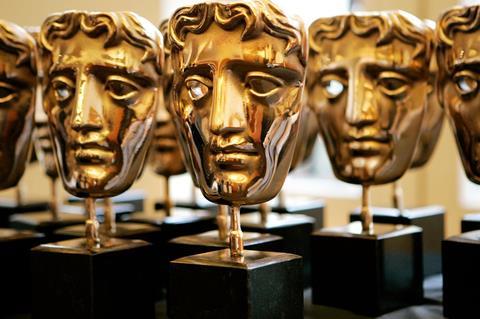#BAFTASsowhite – Esme Peters
This years awards season have been met with a surplus of controversy as many have struggled to answer the question what do we as a society value more – equal representation or meritocratic achievement? It is a topic I have discussed many times at evening mess and opinions have always been highly divided but in wake of this weekends BAFTAS I thought it was probably time to weigh in on the topic with a bubble article.
At this weekends BAFTAs host Graham Norton opened by saying it was ‘the year when white men finally broke through’ and joked that Once Upon a Time in Hollywood harked back to 50 years ago when film was ‘a misogynistic male-dominated industry, resistant to change’. And they were right to joke as this years BAFTAs have been some of the most obviously lacking diversity than many other award shows as all 20 acting nominees were white, with no female directors nominated since 2013. But how justifiable is this?
A reason cited for such a white-male domination of the awards season this year is due to the raging success of films such as 1917 (won in 7 categories and nominated for 2) and Joker (won 3 nominated for 8). Now I’ve only seen one of these but I can safely say 1917 really is one of the best films I’ve ever seen, it was moving and exciting all at once while being a pertinent reminder of the disaster that was world war one. So it is a consideration like this that should make critics sit back and consider why the lack of diversity. However it is my belief that no matter how strong a case the ‘why’ makes such a male whitewash cannot be justified.
Joaquin Phoenix in his acceptance speech chose the time to condemn ‘systemic racism’ and this is where I believe the lack of diversity in the film industry isn’t so much a problem in itself but a reflection of a larger much more dangerous prominence of a white, male dominated world. The awards season reflects what films have been successful – but do they? A key example of this being far from true is the film ‘Little women’ which won just one BAFTA and to add salt to the wound it was the award for best costume design with no nods to Greta Gerwig’s incredible directing, for which she didn’t even receive a nomination. To not win an award I believe to be trivial but for the achievement to not be recognised is a much larger one and this is where I believe the BAFTAs have done themselves no favours, did 1917 deserve to win? Yes, but did Little Women deserve a nomination? YES. As Joaquin Phoenix said, ‘because so many of my fellow actors who are deserving don’t have that same privilege’.

The films that have been successful this year have shed a light on the industries taste for violence and war while expectations about what a ‘women’s film’ should be was reflected in the awards – best costume design for little women and best hair and makeup for bombshell. Those films were political and feminist and exciting – and they get nominations for looking good.
But this has been a trend throughout the entire awards season, Hustlers was ‘snubbed’ by the Oscars, the Golden Globes also had no women in the best director’s category, the Oscars only gave one nomination to a person of colour in acting categories, the lack of diversity for women and for people of colour is stark. But the reality is it is not the fault of awards committees who award the awards it is the fault of film directors creating films that deserve awards while forgetting that in 2020 we value diversity. Awards shows are becoming increasingly political, think Golden Globes 2018 where all women wore black to protest against sexual harassment and assault, and the awards boards need to keep up. The world is changing and media culture is a key way in which attitudes can be changed or influenced, the film industry needs to realise this power and wield it accordingly.
So it is not a debate whether equal representation or meritocratic achievement is more important, both are key, but currently it is neither – as seen in this years BAFTAs it is a celebration of white male achievement. The conversation must be changed and the film industry should be doing its part in such change.
I look forward to Giles’s comeback article…















Post Comment
You must be logged in to post a comment.